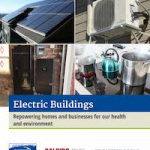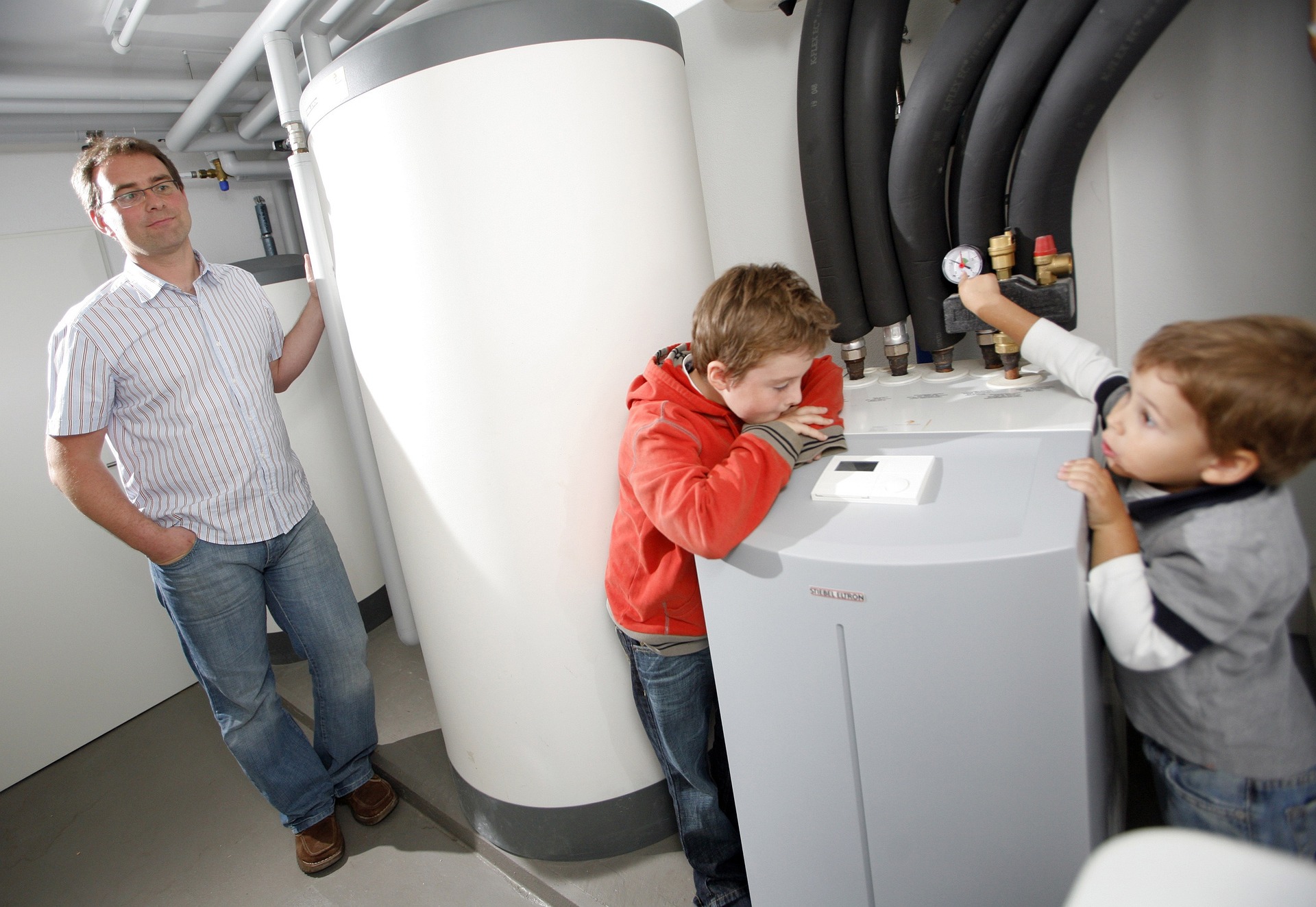
Electric Buildings
Repowering homes and businesses for our health and environment
California ranks second in the nation for potential reduction of greenhouse gas emissions and potential reduction of gas usage, according to a new report released today by Environment California Research & Policy Center, CalPIRG Education Fund and Frontier Group.
Downloads
CALPIRG Education Fund, Environment California Research & Policy Center, Frontier Group

California ranks second in the nation for potential reduction of greenhouse gas emissions and potential reduction of gas usage, according to a new report released today by Environment California Research & Policy Center, CalPIRG Education Fund and Frontier Group. The study, Electric Buildings: Repowering Homes and Businesses for Our Health and Environment, found that completely repowering California’s homes and businesses with electricity by 2050 would result in taking 5.9 million cars off the road. Going all-electric in our state’s buildings would help cut emissions, improve public health and protect the planet, the report concluded.
The report also outlines how overcoming key barriers standing in the way of widespread building electrification can improve public health and play a key role in fighting climate change.
The Rocky Mountain Institute found that customers in 11 different cities across the country could save thousands of dollars each by replacing fossil fuel-powered equipment with electric alternatives for space and water heating over a 15-year period, including Oakland, CA. Over 50 Californian cities and counties have proposed or adopted building codes to ban or discourage new buildings from using gas and California is considering banning or discouraging new gas installations state-wide.
In addition to highlighting states that have the most to gain from banning fossil fuels in homes and businesses, the study also analyzes the potential national benefits from this change. Electrifying a majority of our American homes and businesses by 2050 could reduce overall net emissions from America’s residential and commercial sectors by 306 million metric tons, which is equivalent to taking about 65 million cars off the road.
Electric Buildings also emphasizes the role such electric technologies as heat pumps, water heaters and other electric appliances like induction stoves can play in moving away from fossil fuels. Advances in electrifying these technologies have made them more efficient and affordable. This means that using fully electric systems in homes and commercial buildings now makes sense for owners in almost all instances of new construction.
Topics
Find Out More


Green schools guide

“Certified natural gas” is not a source of clean energy
